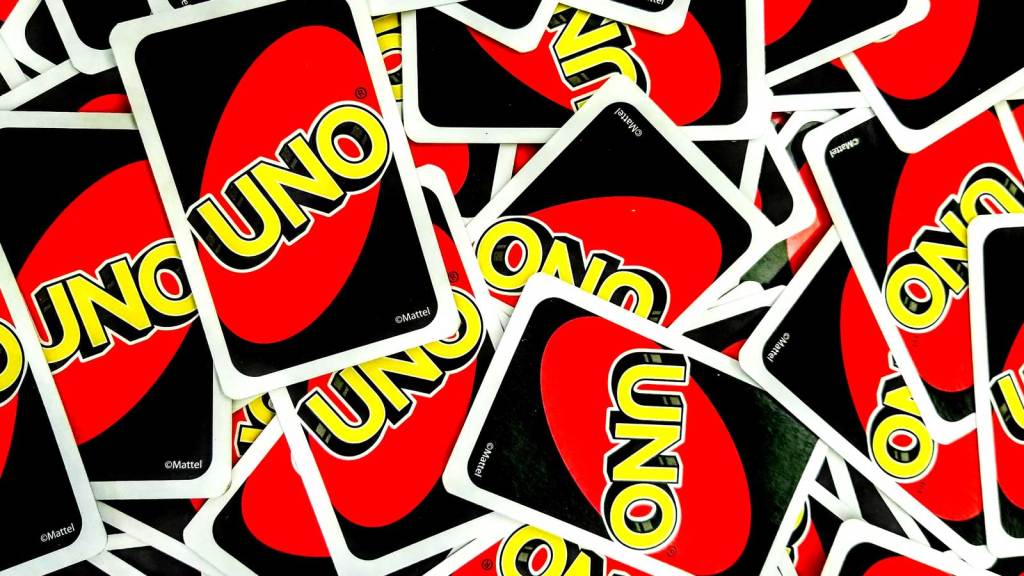The age-old adage: It’s all fun and games. But recent studies show that there’s actually more to it than that. Playing games might be more than simple entertainment, even helping your mind stay young for years to come. Keep reading to find out why exactly games are beneficial for the brain, as well as which types of games to try for better brain function.
Why Are Games Good for the Brain?
As our bodies age, so do our brains — so taking care to make sure our minds stay in shape is equally as important as physical training. According to Héctor García and Francesc Miralles, authors of IKIGAI: The Japanese Secret to a Long and Happy Life, “both the body and mind are important.” In the book, they share that “the health of one is connected to that of the other,” so, “maintaining an active, adaptable mind is one of the key factors in staying young.”
Harvard Health further reiterates the benefits of playing games, siting convincing evidence “that brain games may help sharpen certain thinking skills that tend to wane with age, such as processing speed, planning skills, reaction time, decision making, and short-term memory, according to a study in the November 2016 International Psychogeriatrics.”
In addition to this multitude of benefits, brain games also help build up cognitive reserve, which is somewhat of a “rainy-day savings account in your brain that you can store away and use when you need quick thinking,” the site explains. In fact, brain games combined with physical activity have proven to be more effective in building up cognitive reserve than physical exercise alone. Keep in mind that working out for your body will always be beneficial, but adding some brain workouts into the mix as well will only help.
What Types of Games to Play for a Healthy Brain
According to Alzheimers.net, “games that challenge your working memory and mental agility” can prevent both Alzheimers and dementia. Based on positive reviews, the site suggests a number of games that will help your brain stay agile. Lumosity, Dakim, Clevermind and Fit Brains Trainer are all great options to try.
If you want something off-screen, a number of more traditional games are equally as beneficial. “Brain games are defined as any activity that stimulates your thinking,” Harvard Health shares. “That includes word puzzles like crosswords and Scrabble, but also traditional games like chess, Sudoku, and bridge. It also includes creative outlets like painting, playing an instrument, or learning a language.”
No matter what you choose, your brain will still benefit from the stimulation — and you’ll have fun regardless.
How Often to Play Games
According to Art Markman Ph.D. , playing brain games has been proven to result in increased performance of related tasks. “So, a memory game improves memory. A reasoning game improves reasoning.” But how many games do you need to play to reap these rewards?
While we’d all like a clear-cut number to follow week-by-week, the fact of the matter is that there’s no specific amount of how much game playing will yield the best brain health. Adding a game into your week here and there will surely help, but the key is to keep things varied. “Novelty is key.” Dr. Brody-Magid told Harvard Health. “If you are already good at crosswords or bridge, your brain won’t be stimulated as much…You need to do something else that forces your brain to work and learn.”
And if games aren’t really your cup of tea? Never fear, any mind-stimulating activity will be beneficial. “Read a book. Watch a documentary. Have an extended conversation with a friend. Engage with the world,” Art Markman Ph.D suggests. “The more you to do improve the state of your knowledge, the more agile your thinking is likely to be in the future.”







